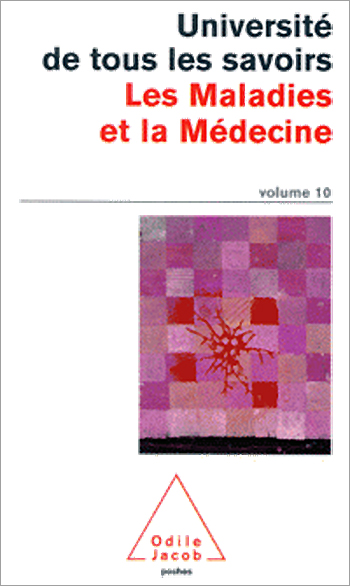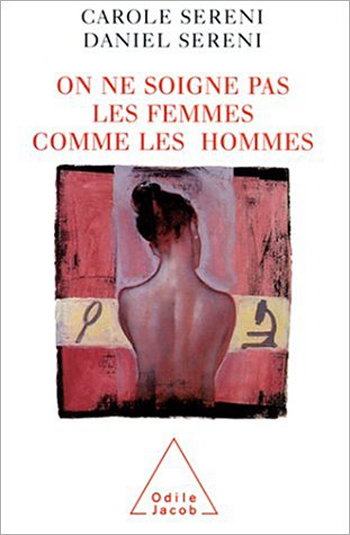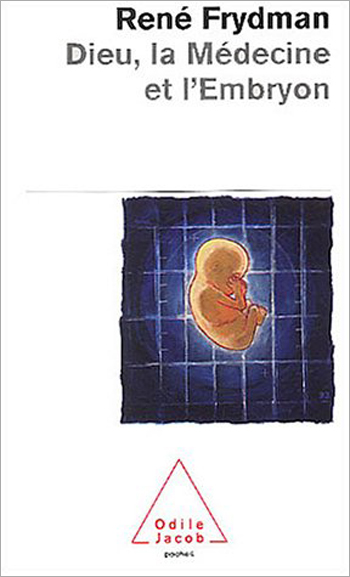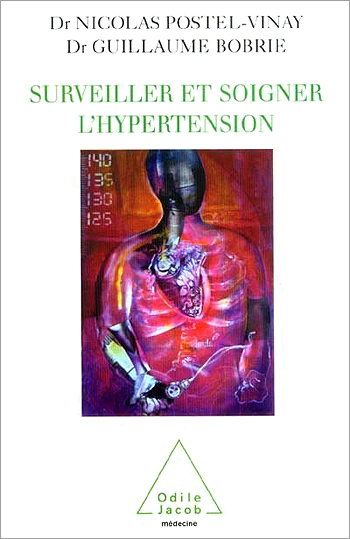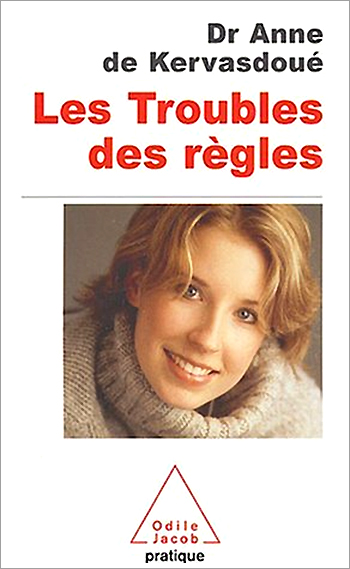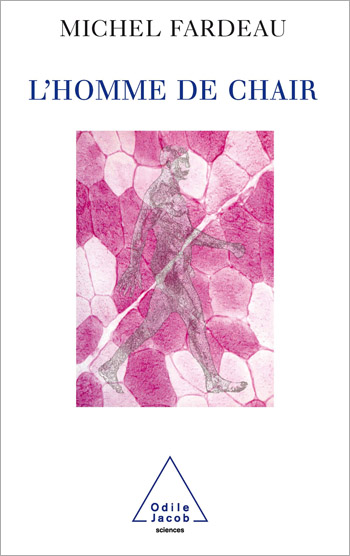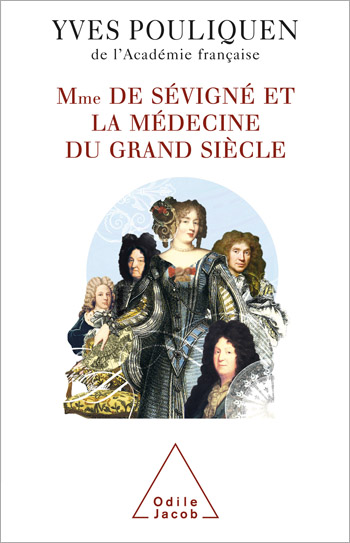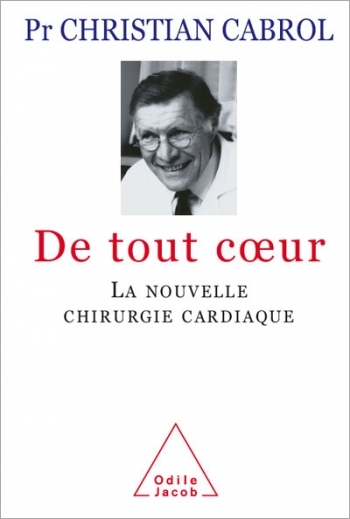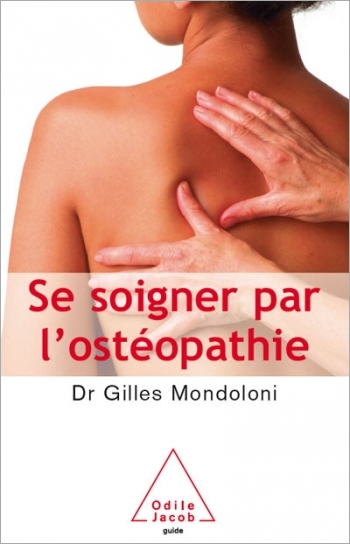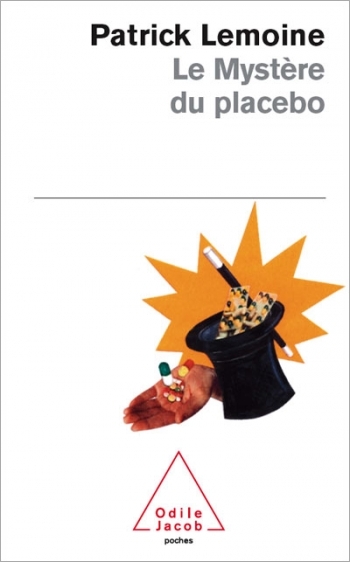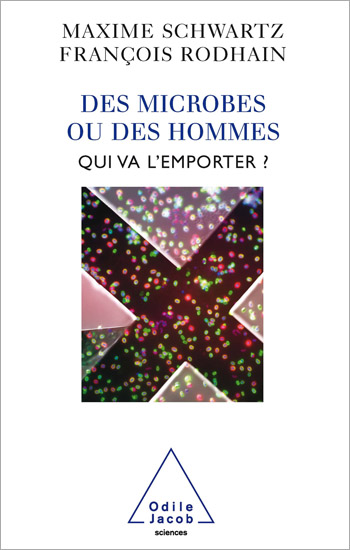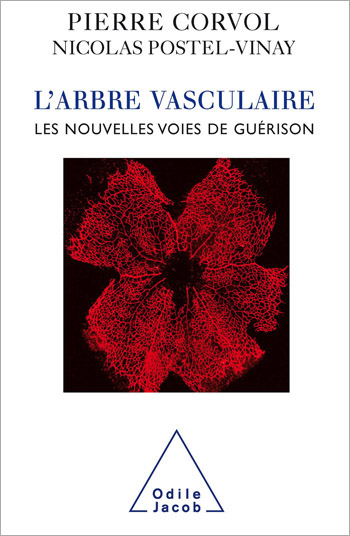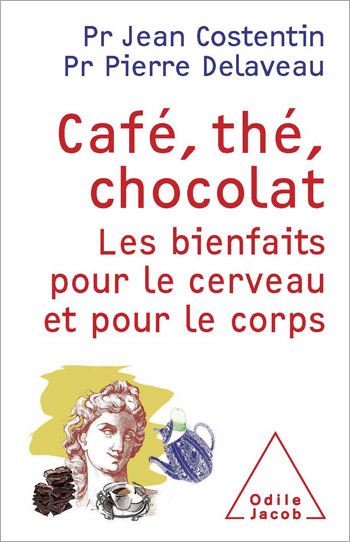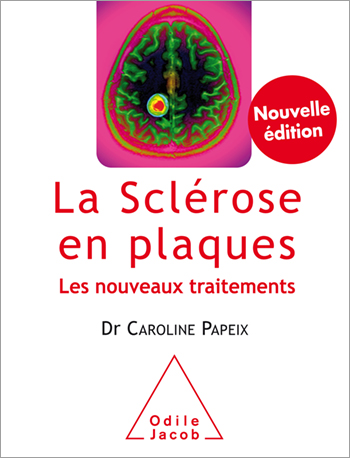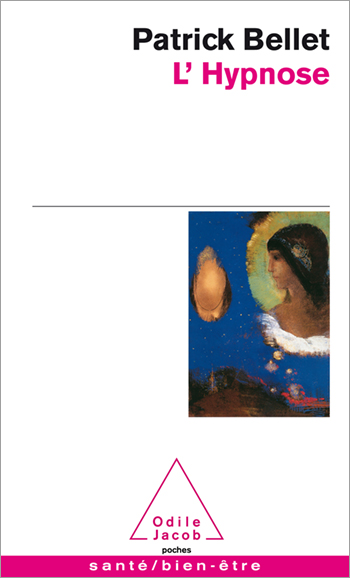General All books
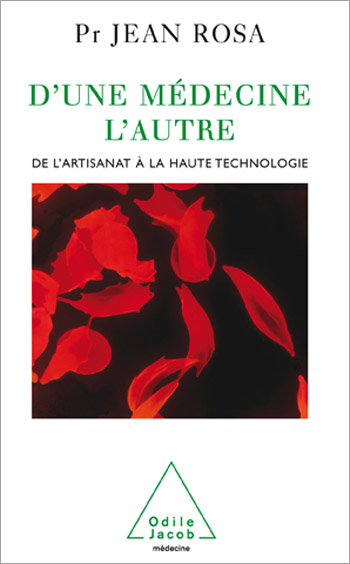
Jean Rosa
From one Medicine to Another From a Craft Industry to High Techology
Jean Rosa belongs to the post-war generation that transformed French medicine from a state of powerless humanism all the more "humane" because it was so often helpless to one of scientific and technical efficiency. Unfortunately, in the process, medicine seems to have lost its human face. In this book, Rosa shows how he contributed to this medical revolution: on the one hand, through the "Debré Reform", which instituted teaching hospitals, thus firmly linking medical research with therapeutic and surgical treatment, and, on the other hand, by associating medicine with molecular biology. Jean Rosa is Emeritus Professor in the medical school of the University of Paris-XII and a member of the French Academy of Science
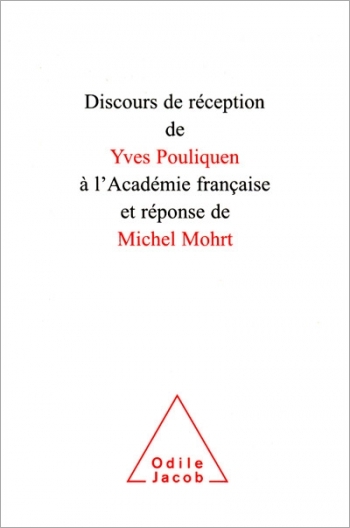
Yves Pouliquen, Michel Mohrt
Speech on the Occasion of Entry into the French Academy and the Response of Michel Mohrt
Speech on the occasion of entry into the French Academy of Yves Pouliquen, 30th January 2003, and the response of Michel Mohrt
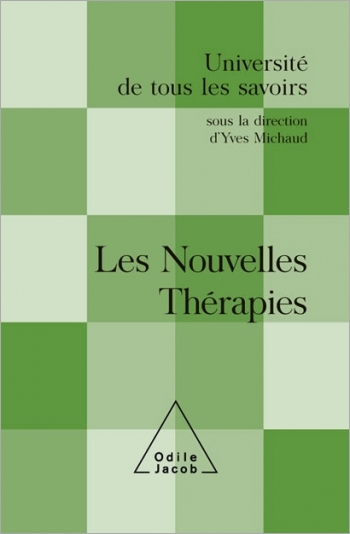
Yves Michaud
New Therapeutics
Advances in medical science are constantly being made, but it is often difficult for patients to realise what these advances entail and to understand their applications. The twelve lectures collected in this new volume in the series L'Université de tous les savoirs aim to inform us about some of these recent advances by addressing the following questions: What is the procedure for putting new medication on the market? How is new medication tested? What are the policies for furthering pharmaceutical innovation? How are health care structures organised? What will the hospital of the future be like? What are biotechnologies? What has been the impact of the neurosciences on therapeutics? What advances have been made in genetic mapping? What benefits can patients hope to gain from it? Gathered here are contributions by a geneticist, a surgeon, a psychiatrist, an emergency doctor, a neurologist and a philosopher. They examine the state of medical research today and address a question that concerns us all: What will medical care be like in the future? Contributions by Yves Agid, Pierre Carli, Alain Carpentier, Patrick Couvreur, Claude Debru, Bernard Golse, Didier Houssin, Gérard Le Fur, Jacques Marescaux, Arnold Munnich, Luis Omnès and Olivier Saint-Jean. Other books in the series include Qu'est-ce que la vie?, Qu'est-ce que l'humain?, Qu'est-ce que la société?, Qu'est-ce que l'Univers?, Qu'est-ce que les technologies?, Qu'est-ce que la culture?, Qu'est-ce que la vie psychique?, Le Renouvellement de l'observation dans les sciences, La Chine aujourd'hui, Egalité et inégalités, Qu'est-ce que la diversité de la vie?, Qu'est-ce que la globalisation?, Paris and La Guerre d'Algérie 1954-1962.
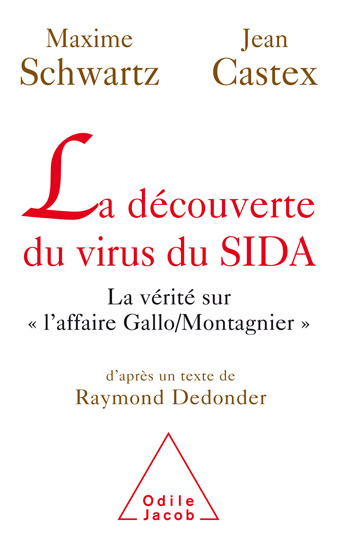
Maxime Schwartz, Jean Castex
The Discovery of the AIDS virus The Truth about Gallo/Montagnier affair
In Stockholm, on 10 December 2008, the King of Sweden awarded the Nobel Prize in medicine to Françoise Barré-Sinoussi and Luc Montagnier, for their discovery of the AIDS virus...
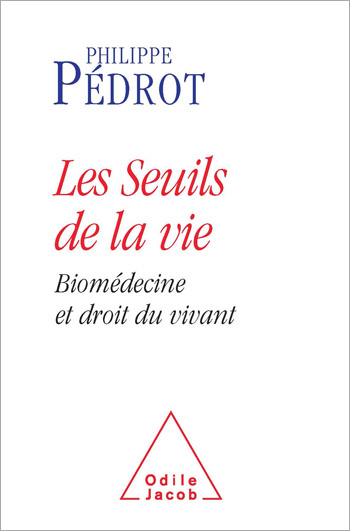
Philippe Pédrot
Judging What Cannot Be Decided The Body Seized by the Law
This is a careful study of the cataclysm that biomedical technology has wreaked on procreation, gestation, life and death.
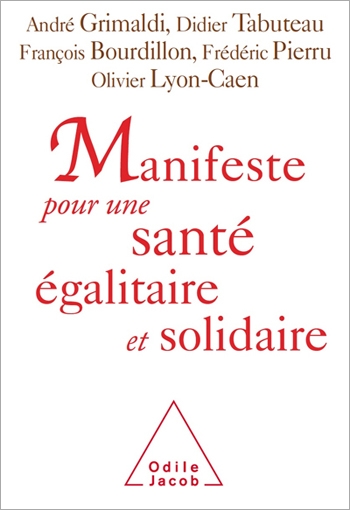
André Grimaldi, Didier Tabuteau, François Bourdillon, Frédéric Pierru, Olivier Lyon-Caen
Manifesto for Fair and Egalitarian Healthcare
In the run-up to the French presidential elections, two healthcare specialists denounce the constant and catastrophic deterioration of hospitals in France — and propose effective solutions
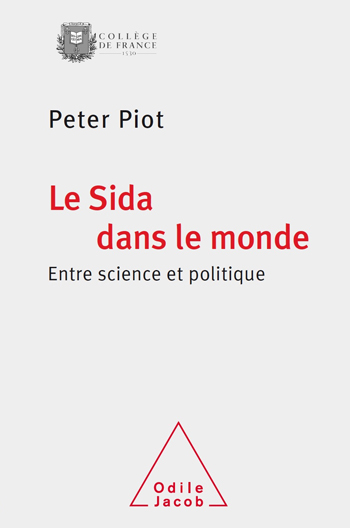
Peter Piot
AIDS in the World
A personal account, synthesis and an impassioned plea in which science and politics converge to fight AIDS
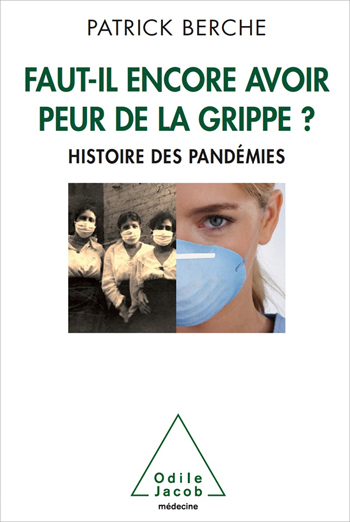
Patrick Berche
Should We Still Be Afraid of the Flu?
The fascinating history of influenza, from the Middle Ages to the recent reappearance of a virus that had been vanquished
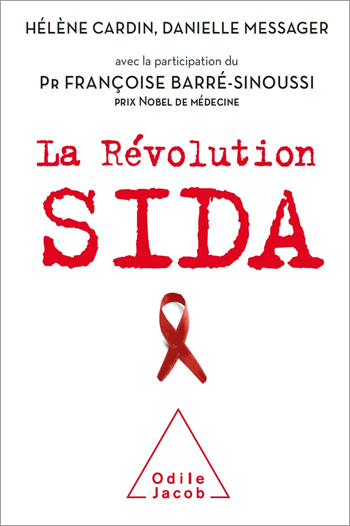
Hélène Cardin, Danielle Messager, Françoise Barré-Sinoussi
The AIDS Revolution
Thirty years after the groundbreaking discovery of the HIV virus, its co-discoverer assesses today’s social and medical situation.
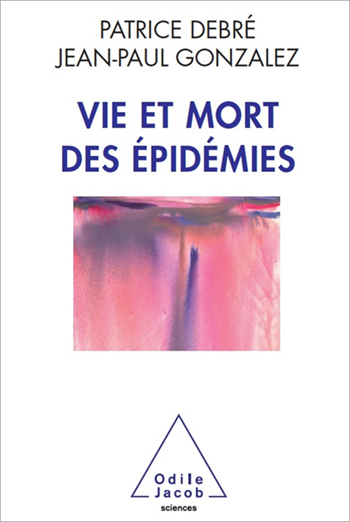
Patrice Debré, Jean-Paul Gonzalez
The Life and Death of Epidemics
A fascinating history of epidemics and the struggle to overcome them, from earliest times to the present
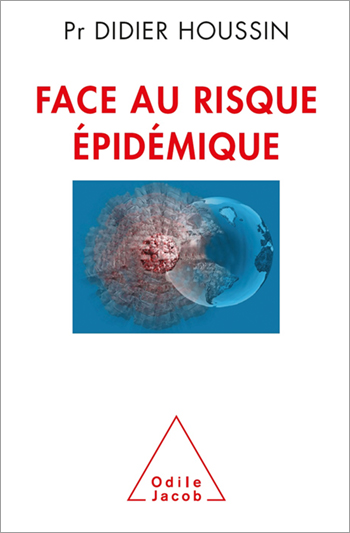
Didier Houssin
Against the epidemic risk
A warning, an analysis and some proposals to protect the world’s future inhabitants
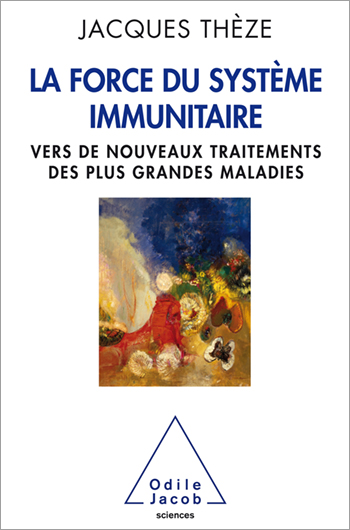
Jacques Thèze
The Immune System’s Strategies Developing New Treatments for Major Diseases
Ground-breaking approaches to the treatment of major diseases
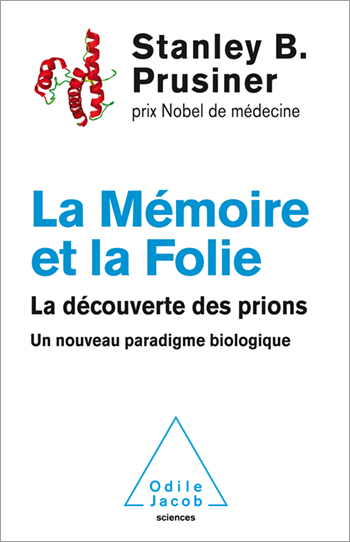
Stanley B. Prusiner
The Madness and Memory The Discovery of Prions — A New Biological Principle of Disease
Stanley B. Prusiner’s fascinating discovery, which revolutionised medicine
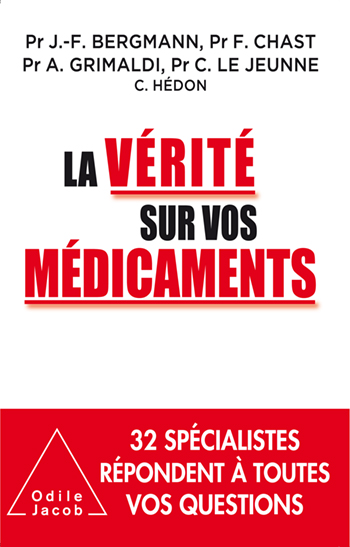
André Grimaldi, Jean-François Bergmann, François Chast, Claire Le Jeunne
The Truth About the Medications You Take
Medications, their benefits and risks, are closely scrutinised here by a team of experts
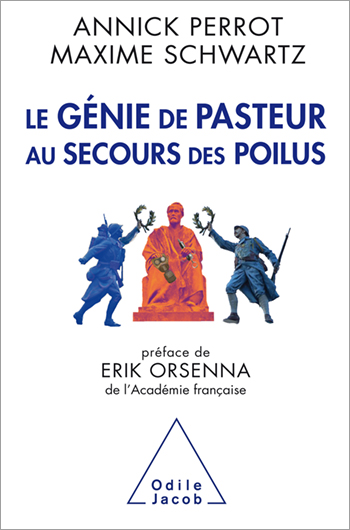
Annick Perrot, Maxime Schwartz
The Genius of Pasteur: Saving the ‘Poilus’
How Pasteur and his followers saved lives and changed the course of the war in 1914-1918
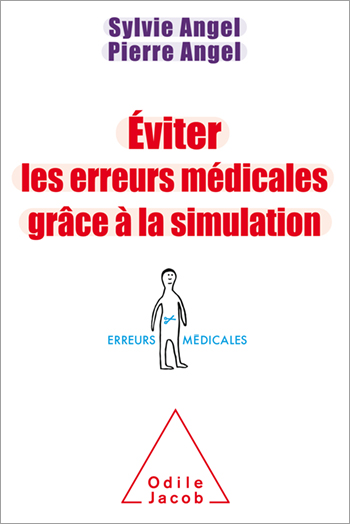
Sylvie Angel, Pierre Angel
To avert medical errors with Medical Simulation
Models, role play, serious games, quizzes: a comprehensive description of materials and technical resources available today that can help caregivers and trainees in their practice. An outreach work aimed at ensuring that we are all aware of the importance of critical pedagogical practice in improving the quality of care that we tend to take for granted.
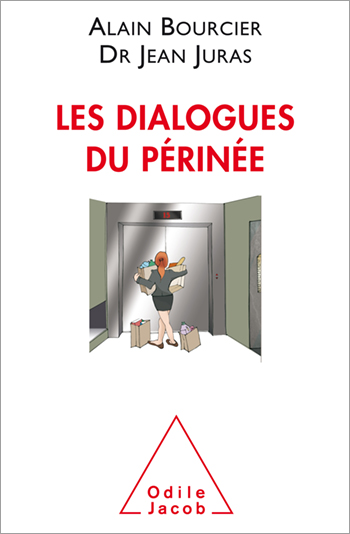
Jean Juras, Alain Bourcier
The Perineum Dialogues Lifting the veil on perineal disorders
A subject that can be hard to discuss, and a light-hearted yet well-documented way of addressing a taboo. Aimed at both women and men. Perineal issues after giving birth, after cancer treatments, in old age, after treatment for prostate cancer, etc..

